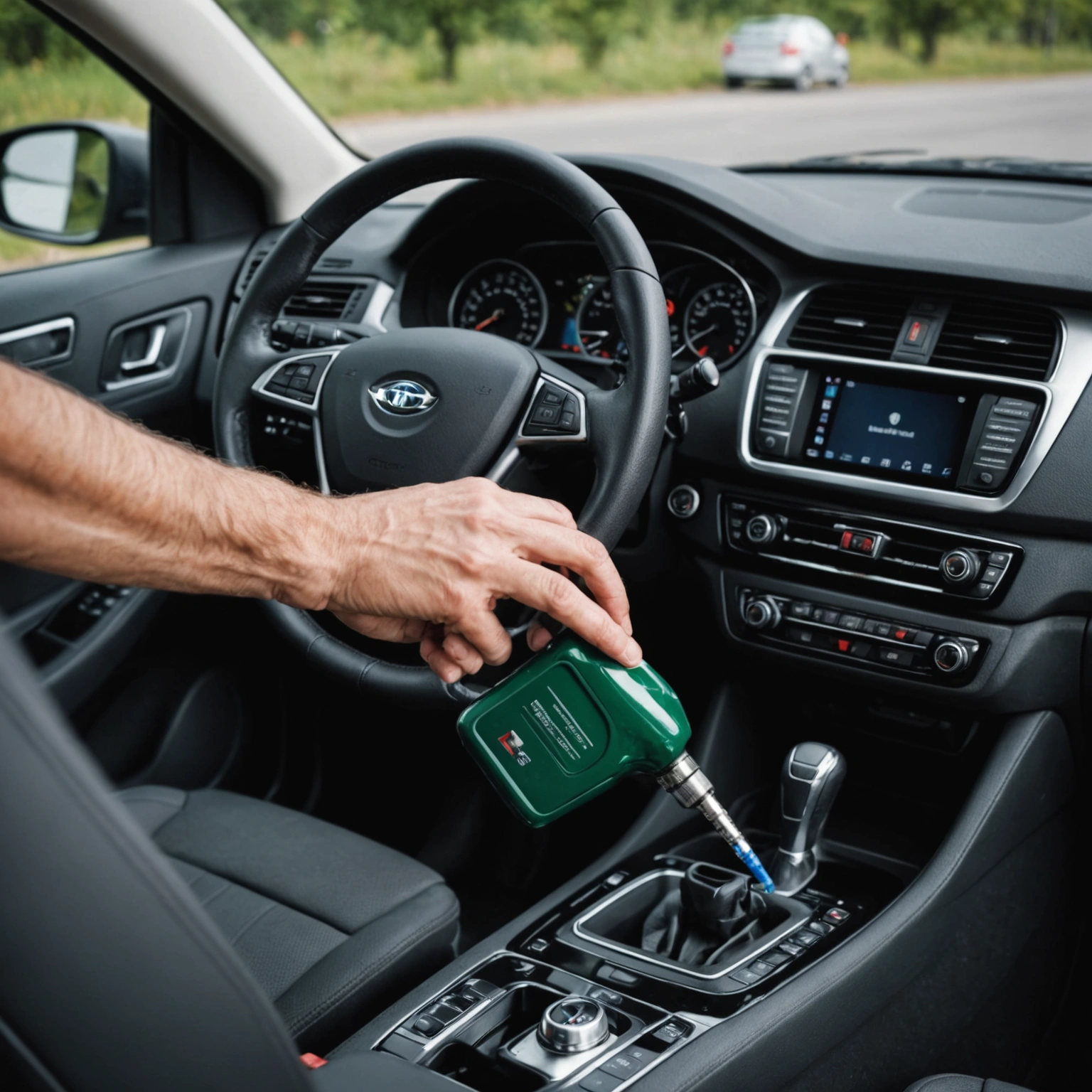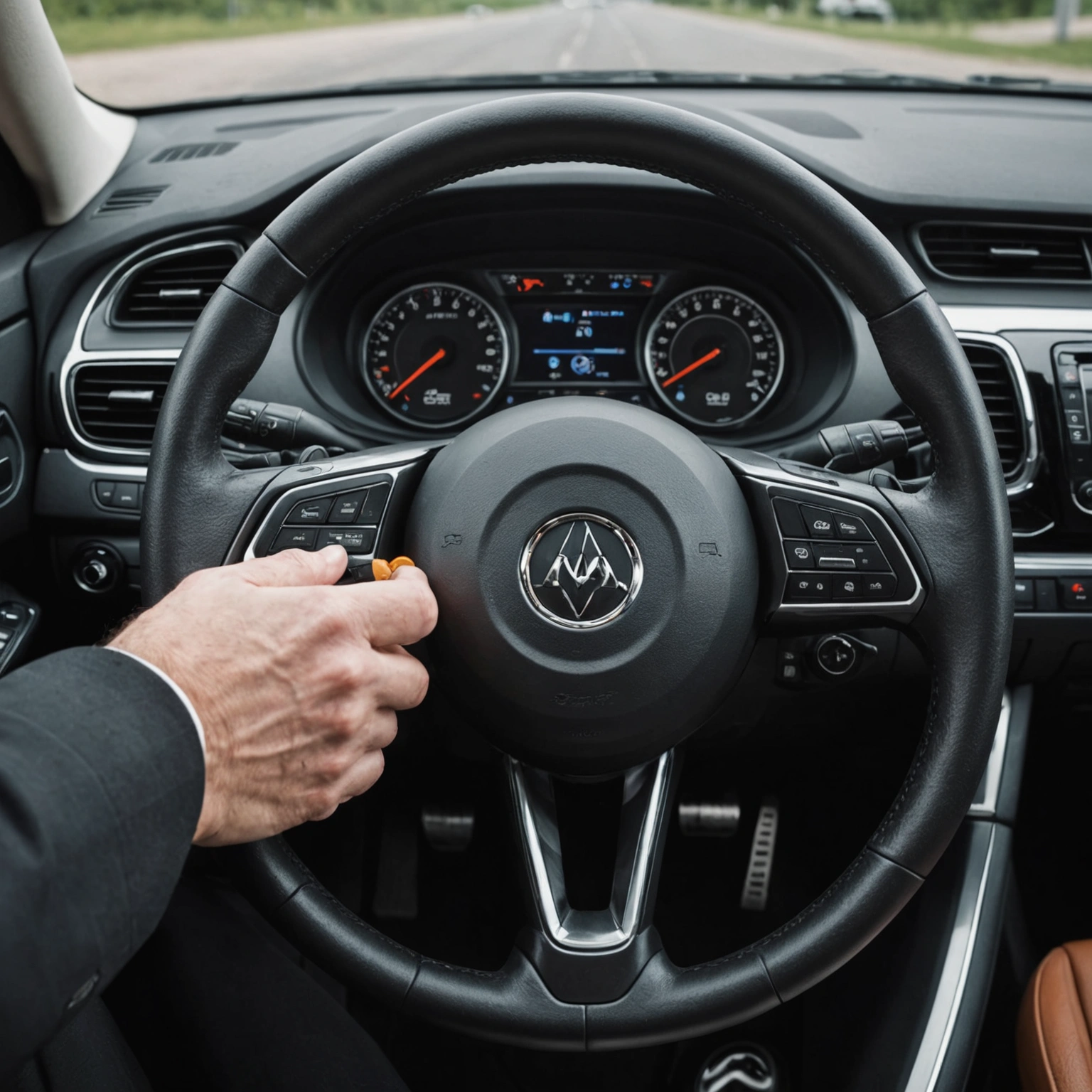**Why Does My Car Smell Like Gasoline Inside? Understanding the Causes and Solutions**
If you’ve ever noticed a strong smell of gasoline inside your vehicle, you’re not alone. A gasoline odor can be unsettling and potentially dangerous, so it’s important to identify the cause and address it promptly. Here’s what you need to know about why your car might smell like gasoline and what steps to take.

### Common Causes of Gasoline Smell Inside a Car
1. **Fuel Leak from the Fuel System**

– The most common reason for a gasoline smell is a leak somewhere in the fuel system. This could be from the fuel lines, fuel injectors, or the fuel tank itself. Leaks can occur due to age, corrosion, or damage from road debris.
2. **Faulty or Damaged Fuel Injectors**

– If fuel injectors are leaking or not sealing properly, excess fuel can escape and cause a smell inside the vehicle.
3. **Vapor Leaks in the Evaporative Emission Control System (EVAP)**

– The EVAP system captures fuel vapors from the tank and prevents them from escaping into the atmosphere. Faults or cracks in the EVAP hoses or charcoal canister can lead to vapor leaks, resulting in a gasoline smell.
4. **Fuel Filler Cap Issues**
– A loose, damaged, or missing fuel cap can allow vapors to escape, creating a noticeable odor inside the car.
5. **Fuel Tank or Line Damage**
– Corrosion, rust, or physical damage to the fuel tank or lines can cause leaks and odors.
6. **Recent Fueling or Spill**
– If you recently filled up and spilled fuel, or if the fuel nozzle didn’t seat properly, residual fumes might linger inside the vehicle.
### Is the Gasoline Smell Dangerous?
Yes. Gasoline fumes are highly flammable and contain harmful chemicals. Prolonged exposure can cause headaches, dizziness, or respiratory issues. If you detect a gasoline smell, especially if it persists, it’s best to have your vehicle inspected promptly.
### Troubleshooting and Next Steps
1. **Check for Visible Leaks or Spills**
– Look under your vehicle for puddles or stains indicating a leak. Also, inspect around the fuel tank, lines, and connections.
2. **Examine the Fuel Cap**
– Ensure the cap is tight and in good condition. Replace it if it’s damaged or missing.
3. **Monitor for Other Symptoms**
– Notice if the check engine light is on, fuel efficiency has dropped, or if you experience difficulty starting the engine.
4. **Schedule a Professional Inspection**
– Given the potential dangers, it’s advisable to have a qualified mechanic diagnose and repair the issue. They can perform pressure tests on the fuel system, check for leaks, and inspect the EVAP system.
### Preventative Tips
– Regularly inspect your fuel system components.
– Replace the fuel cap at the first sign of damage.
– Be cautious when fueling and clean up any spills immediately.
– Address warning signs promptly to avoid costly repairs and safety hazards.
—
**In Summary**
A gasoline smell inside your car typically indicates a leak or vapor escape in the fuel system or related components. While some minor causes like a loose cap are easy fixes, persistent odors should always be examined by a professional to ensure safety and proper vehicle operation.
**Stay safe and keep your vehicle running smoothly!**

